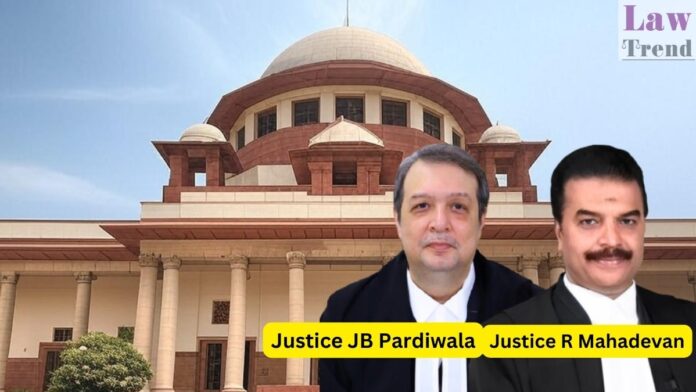A Division Bench of the Supreme Court comprising Justice J.B. Pardiwala and Justice R. Mahadevan held that a suit for injunction filed by an agreement holder is not maintainable against third parties in possession of a property. The Court allowed the appeal filed by RBANMS Educational Institution and rejected the suit filed against it, holding
To Read More Please Subscribe to VIP Membership for Unlimited Access to All the Articles, Download Available Copies of Judgments/Order, Acess to Central/State Bare Acts, Advertisement Free Content, Access to More than 4000 Legal Drafts( Readymade Editable Formats of Suits, Petitions, Writs, Legal Notices, Divorce Petitions, 138 Notices, Bail Applications etc.) in Hindi and English.




